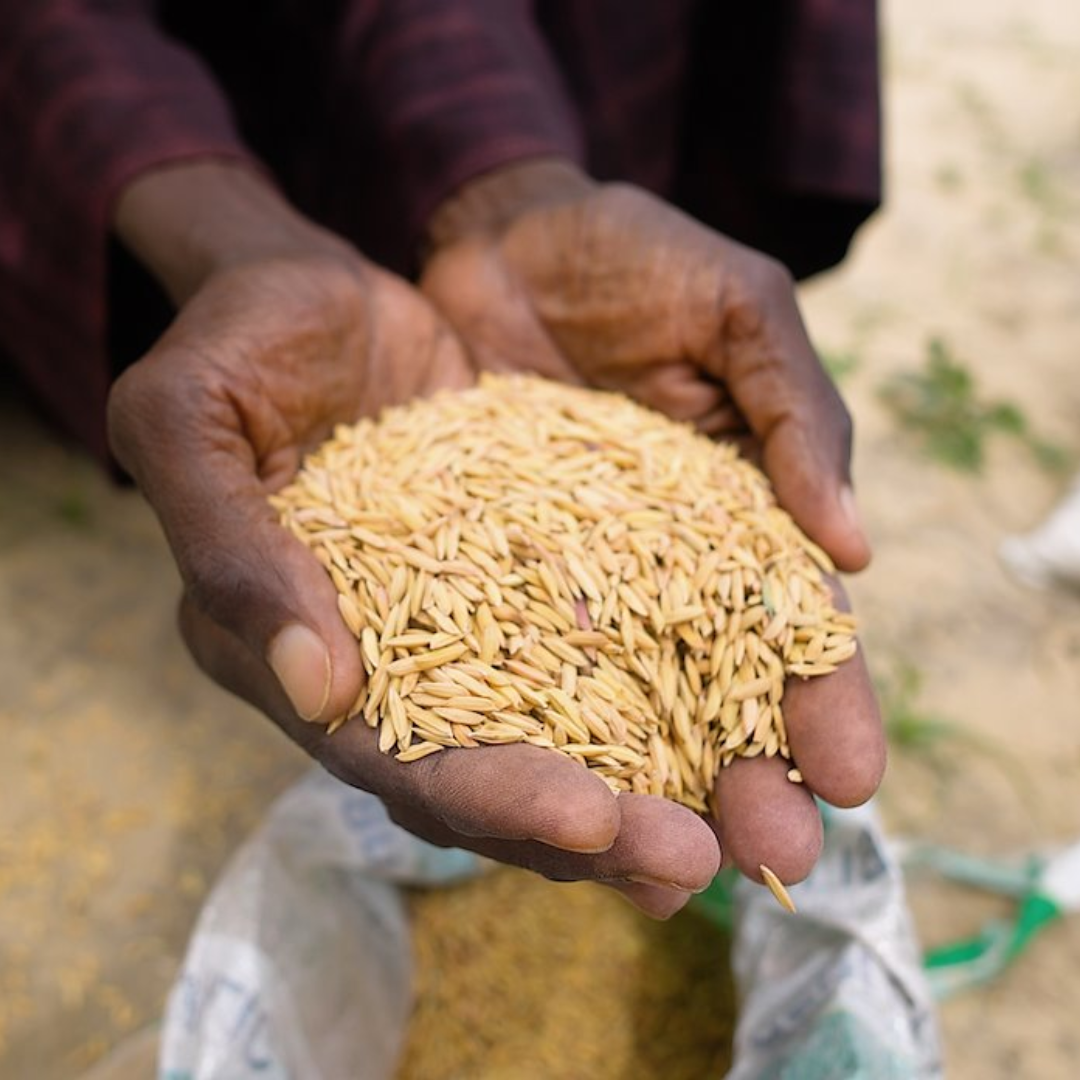A Growing Hunger Crisis
Nigeria, the biggest country in Africa by population, is facing a scary problem: it’s getting harder to grow enough food for everyone. More people live here than ever before, and they all need to eat. But the weather is changing in ways that make farming tough. It’s getting hotter, rains don’t come when they should, and big storms and floods are happening more often. These changes are hurting farmers and making food harder to find.
Most farmers in Nigeria rely on rain to water their crops, like yams, maize, and rice. But now, the rain is all mixed up. Sometimes it pours too much, and the crops get ruined by floods. Other times, there’s no rain at all, and the ground turns dry and hard. When this happens, farmers grow less food. Less food means empty plates for many families.
Animals are struggling too. Cows, goats, and chickens need water and grass to stay healthy. But with hotter days and less water, many animals are getting sick or dying. This is bad for families who depend on these animals for milk, meat, or money. When animals suffer, people lose their way of making a living and feeding their kids.
Food is also getting more expensive because there’s not enough of it. A few years ago, millions of people in Nigeria didn’t have enough to eat. That number has grown a lot since then. Families are finding it harder to buy food like beans, vegetables, or even bread. This is especially tough for kids, who need good food to grow strong and do well in school. When kids go hungry, it hurts their health and makes it harder for them to learn.
Farming Under Pressure
Farmers are trying their best, but the changing weather is making their job really hard. Many don’t have the tools or know-how to deal with these new problems. For example, when the rain doesn’t come, they don’t always have a way to water their crops. When floods hit, they lose everything they’ve worked hard to grow. It’s like the weather is working against them.
The soil is also a problem. Years of farming the same way have made the ground less healthy. Without good soil, plants don’t grow well, even if the weather is okay. Plus, clean water is hard to find in some places, and farmers need water for their crops and animals. Without it, their farms can’t produce enough food.
Fierce Clash: U.S. Battles States Over Climate Lawsuits
Farmers also need better ways to store food after they harvest it. Right now, a lot of food goes bad because there aren’t enough good storage places. Getting food from farms to cities is another challenge. Bad roads and old trucks make it hard to move food where it’s needed. All these problems add up, leaving less food for everyone.
Efforts to Fight Back
Even with all these challenges, Nigeria is working to protect its food supply. One big idea is called Climate-Smart Agriculture. This is a way of farming that helps crops and animals survive bad weather. It also keeps the environment healthier. For example, some farmers are planting trees next to their crops. The trees give shade and stop the soil from washing away when it rains.
Other farmers are using less water by setting up better watering systems. They’re also trying special kinds of crops and animals that can handle hot weather or dry days. Some are covering the ground with plants to keep the soil healthy and full of nutrients. These methods help farmers grow more food, even when the weather is tough.
Explosive Heat Shows the U.K. is Not Safe from Climate Change
But these new ideas aren’t easy to use. Many farmers don’t have the money to buy new seeds or tools. There aren’t enough people to teach them how to farm in these new ways. Farmers also need better weather reports to plan when to plant or harvest. Without these things, even the smartest farming ideas can fail.
Nigeria’s fight to keep food on the table is a big one. The climate is changing fast, and it’s hitting farms hard. The work to protect food is happening, but the challenges are huge.

